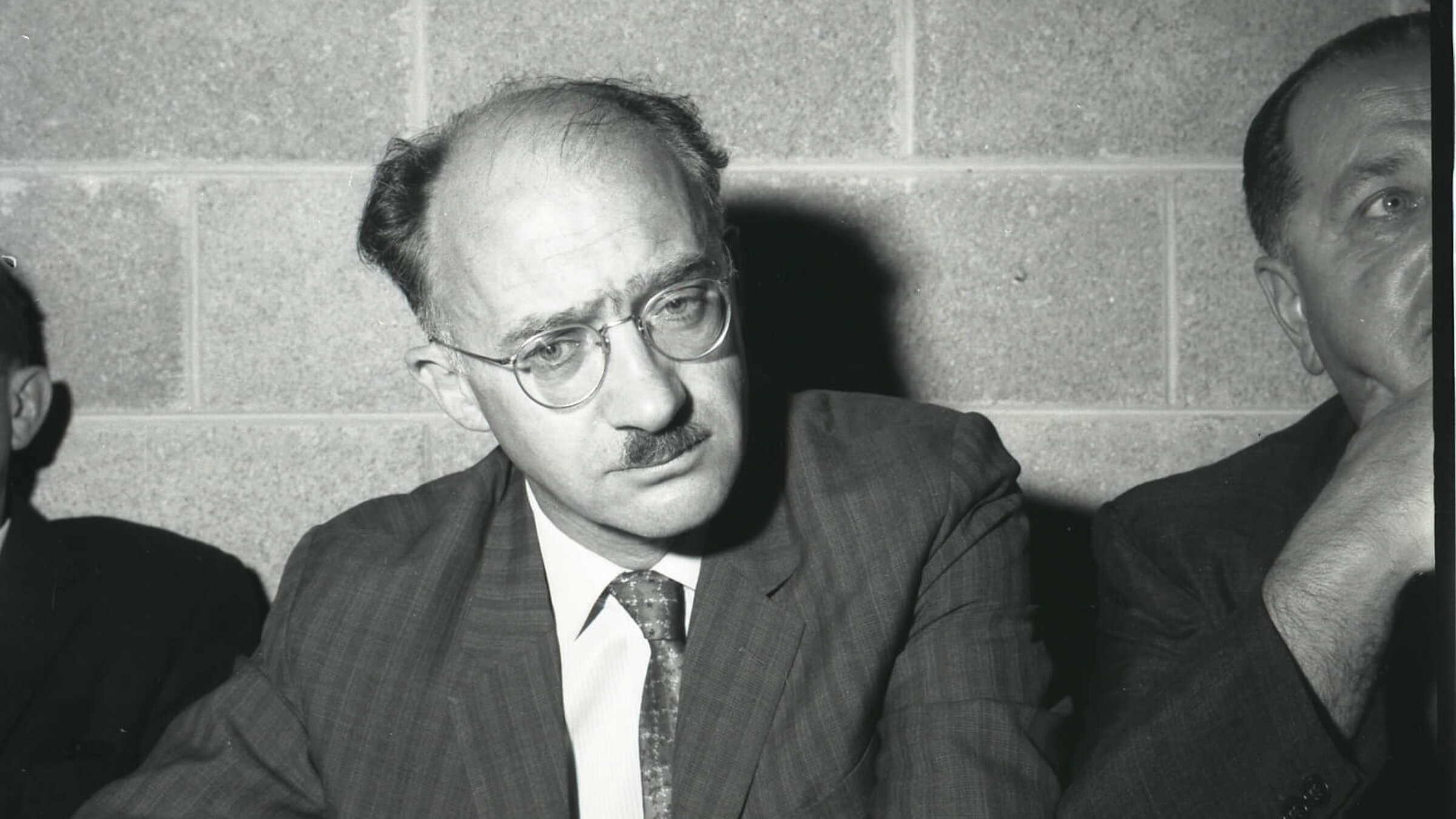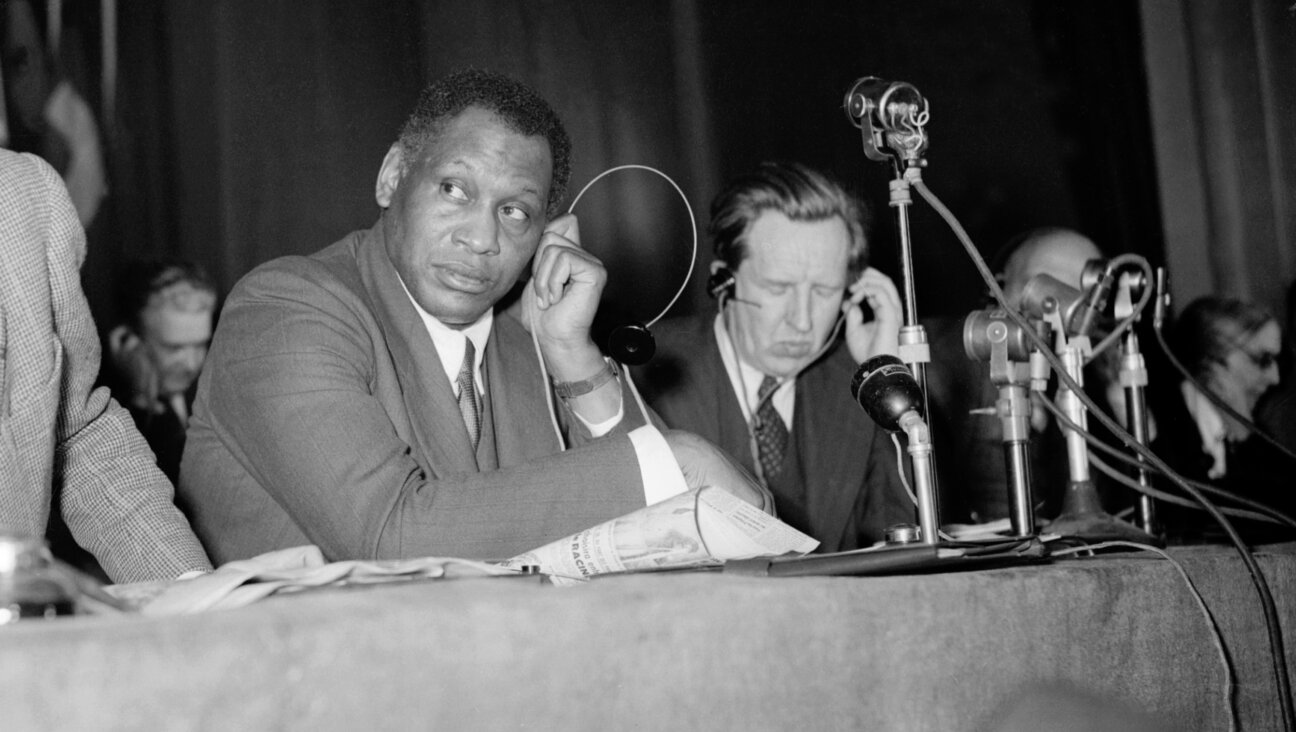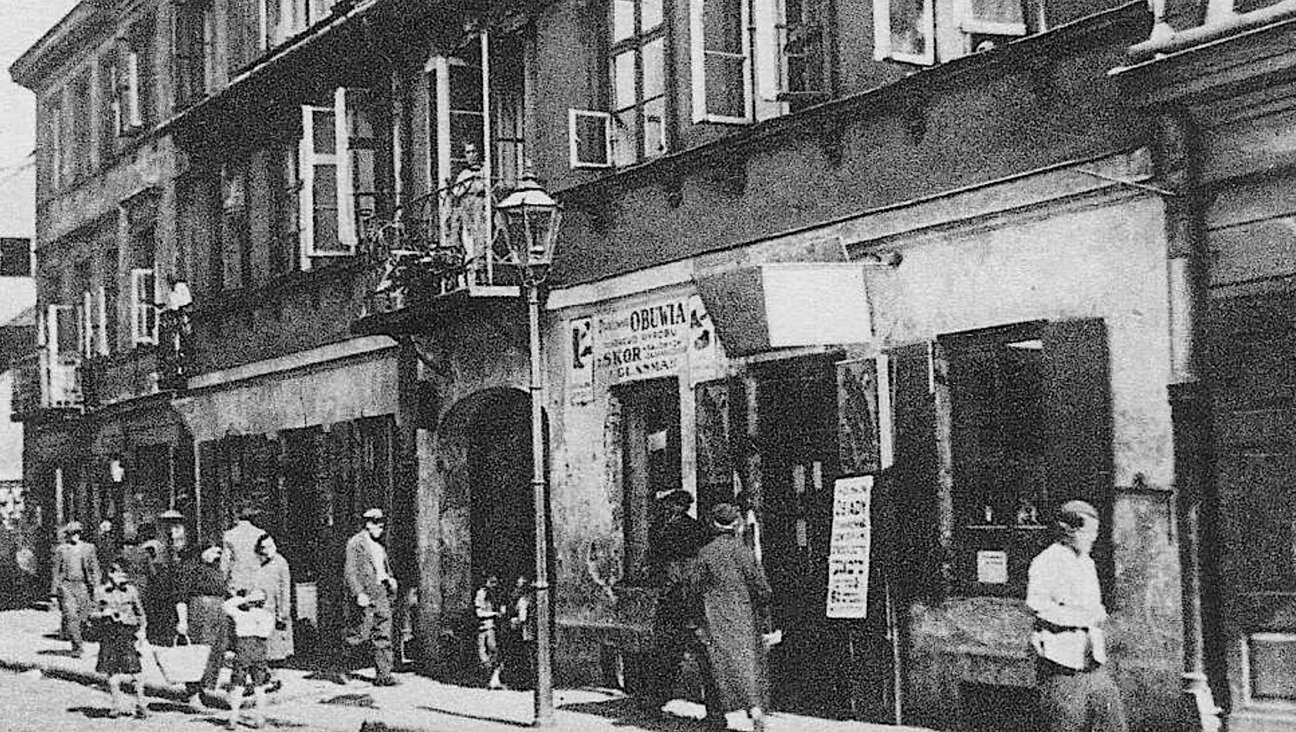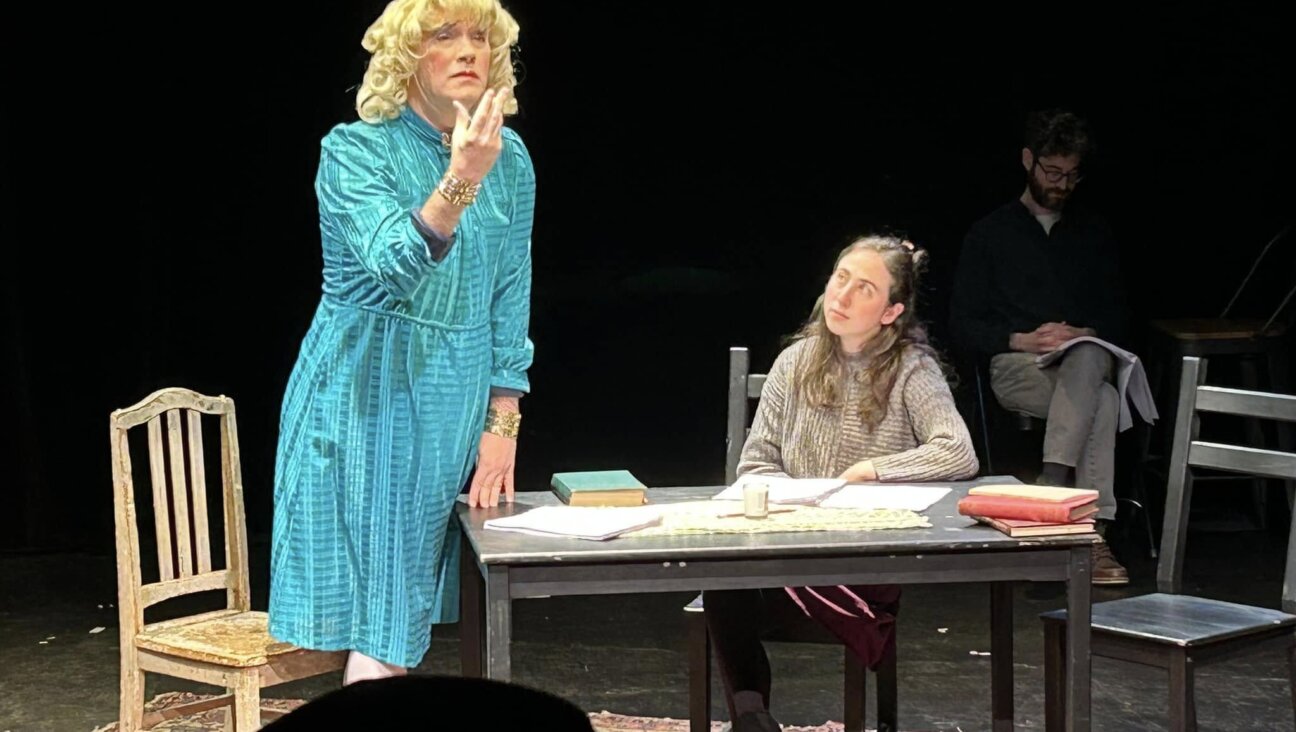Online conference seeks role for Yiddish in the future of Holocaust studies
Topics include Yiddish drama after the Holocaust and the challenges of translating Abraham Sutzkever’s poetry

The Yiddish poet and Vilna partisan, Abraham (Avrom) Sutzkever in 1962 Photo by Wikimedia Commons
Since universities began offering Holocaust studies, very little of their research has focused on the role that the Yiddish language and culture played for many of the victims, survivors and other Ashkenazi Jews around the world.
An upcoming online conference, Yiddish and the Holocaust: New Approaches, hopes to articulate a purposeful, innovative role for Yiddish in the future of Holocaust studies. The groundbreaking event, to include lectures in both English and Yiddish, will be held online June 23-26.
Until now, scholars like Samuel Kassow, David Roskies, Laura Jockusch, Katarzyna Person and Mark Smith have published original research based on the abundant Yiddish language testimony that emanated from East European Jewish communal efforts, both during and after the Holocaust. But this is the first time that a major academic conference will focus exclusively on the importance of including Yiddish as a crucial element of Holocaust research.
The scholars featured at the conference will touch on a wide array of topics. Perla Sneh, of the National University of Tres de Febrero in Buenos Aires, will speak about “Khurbn Yiddish – Unveiling that Absent Absence.” The word khurbn has a double meaning here, since it means destruction but is also the Yiddish term for the Holocaust. (The more common word used for the Holocaust, shoah, is Hebrew, not Yiddish.)
The conference program lists a number of intriguing topics. Rami Neudorfer (Tel Aviv University) will share songs of the Kovno ghetto. Jeffrey Grossman (University of Virginia) will speak about the challenges of translating the great poet Abraham Sutzkever’s Holocaust writings into English and German. Jan Schwarz (Lund University, Sweden) will speak about novelist Chava Rosenfarb’s artistic journey from the Lodz Ghetto to postwar Montreal.
Joel Berkowitz (University of Wisconsin-Milwaukee) will discuss Yiddish drama after the Holocaust. James Diamond (University of Waterloo) will speak about the unexpected appearance of Yiddish in rabbinic literature during the Holocaust, and Avinoam Patt (New York University) will speak about Yiddish humor in the aftermath of the shoah.
To see the list of all the lectures to be given at the conference, go here.
To request access to the lectures, please contact [email protected].
Yiddish and the Holocaust: New Approaches is jointly organized by the Jona Goldrich Institute for Yiddish Language, Literature and Culture at Tel Aviv University; Yale’s Fortunoff Video Archive for Holocaust Testimonies, and the Department of Literature, Tel Aviv University.
A message from our Publisher & CEO Rachel Fishman Feddersen

I hope you appreciated this article. Before you go, I’d like to ask you to please support the Forward’s award-winning, nonprofit journalism during this critical time.
At a time when other newsrooms are closing or cutting back, the Forward has removed its paywall and invested additional resources to report on the ground from Israel and around the U.S. on the impact of the war, rising antisemitism and polarized discourse.
Readers like you make it all possible. Support our work by becoming a Forward Member and connect with our journalism and your community.
— Rachel Fishman Feddersen, Publisher and CEO
























